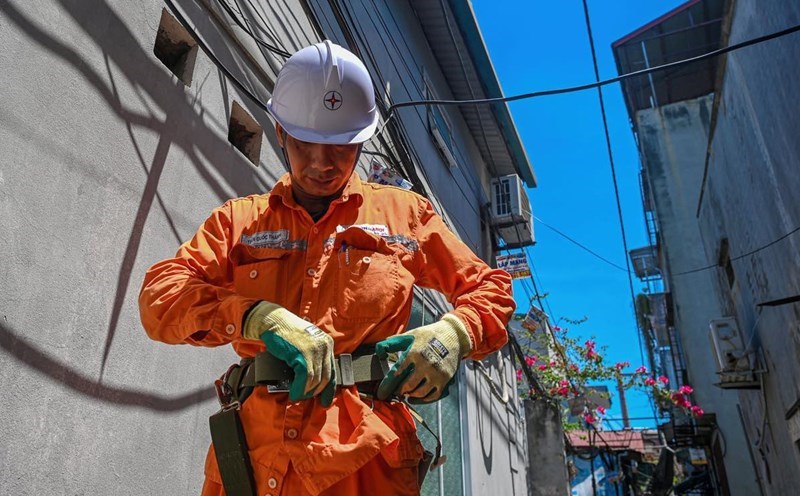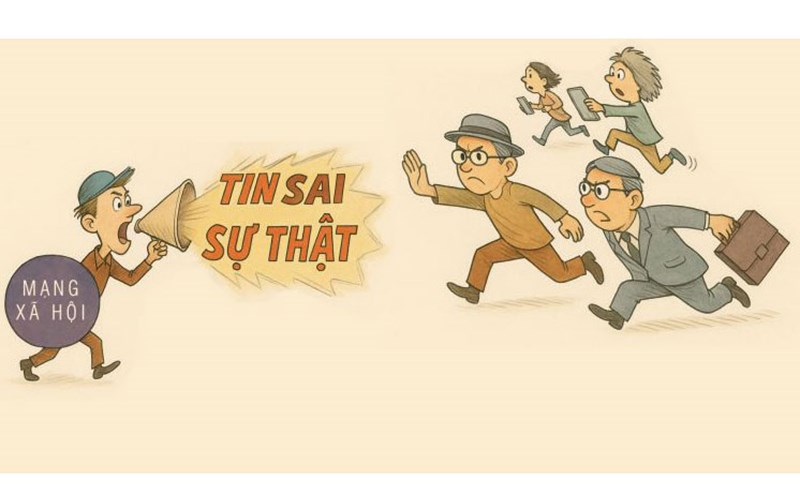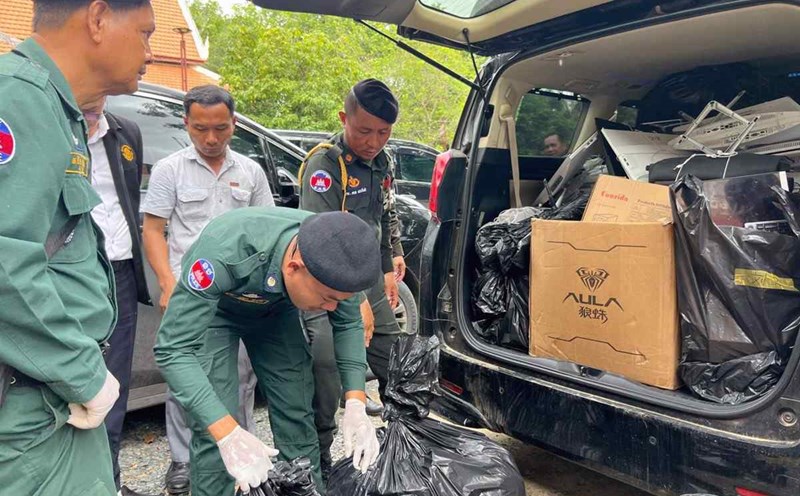Recently, a story happened in Hanoi, when a customer shared his electricity bill on social media. Immediately after that, they received a call from a strange phone number, claiming to be an electricity employee, asking customers to transfer money immediately to avoid power outages. Not only that, some scammers also sent emails or messages threatening to cut off the power if they did not pay immediately. With these tricks, they not only take advantage of customers' worries but also cause financial losses to them.
In response to this phenomenon, Hanoi Electricity Corporation (EVNHANOI) has advised its customers to be careful when posting electricity bill bills on social networks.
Accordingly, invoices and electricity bills often contain a lot of important information, including full name, address, customer code, contract number and some other personal data. This seemingly simple information is the "gold mine" for bad guys.
People need to pay attention to absolutely not publicize documents related to contracts or electricity bills on social networks. If forced to share, users need to obscure personal data, especially information about customer code, address and contract number. This helps minimize the risk of being taken advantage of by scammers.
One of the tricks that scammers use is to create a sense of urgency and fear for customers. By asking for immediate money transfers to avoid power outages, scammers have exploited people's confused psychology to commit fraud. Therefore, it is very important to be vigilant and only trust official information from EVNHANOI's communication channels.
EVNHANOI also reminds people not to provide any sensitive information to strange phone numbers, emails or accounts. In particular, if someone claims to be an employee of the electricity industry and asks to provide personal information or transfer money, customers need to immediately contact the switchboard or official channels for verification.
Information security is not only the task of the electricity industry but also the responsibility of each individual. Only when everyone uses and shares information cautiously can we protect ourselves, our families and the community from the dangers of online scams.











